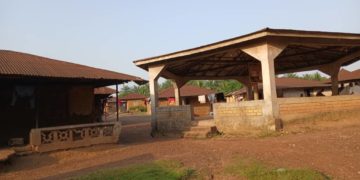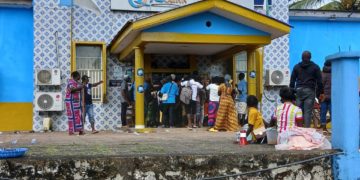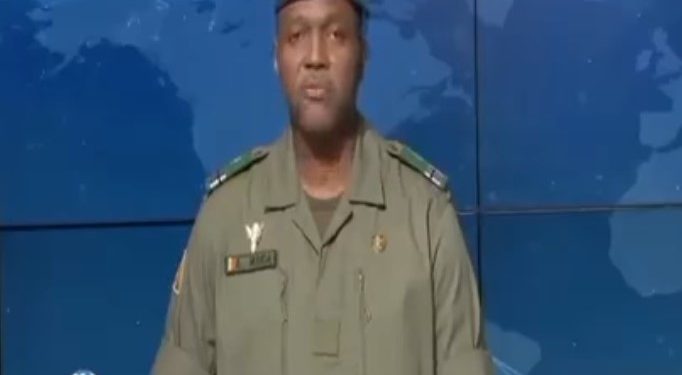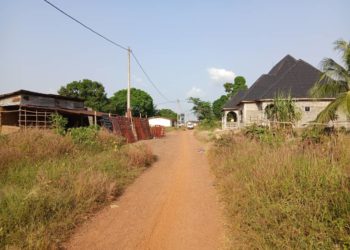Mali’s transition authorities have confirmed the detention of 49 Ivorian soldiers on suspicion of seeking to destabilize the country.
The soldiers were detained on Sunday, shortly after arriving at the Modibo Keita International Airport in Bamako, aboard a special flight.
While Ivorian authorities say the soldiers are part of the UN Peacekeeping Mission in the country – MINUSMA – the Malians insist that all evidence point to ulterior motive.
In a statement issued via state TV on Monday evening, Mali’s military-led transition government spokesman, Colonel Abdoulaye Maiga, described the Ivorian soldiers as “mercenaries“, noting that they were in the country “illegally” and in possession of weapons and ammunition of war, without a mission order or authorization.
“Thanks to the professionalism of the Malian Defence and Security Forces, it was established that the forty-nine (49) Ivorian soldiers were illegally on the national territory of Mali. As a result, they were immediately arrested and their weapons, ammunition and equipment were seized,” Colonel Maiga said.
Reports about the detention of the troops first emerged on social media. Many Malians view Cote d’Ivoire’s President Alassane Ouattara as a stooge of Western governments, especially France, who have been at loggerheads with the Malian junta since the overthrow of the late former President Ibrahim Boubacar Keita in August 2020.
Ouattara and France are believed to have influenced sanctions imposed on Mali by the West African bloc, ECOWAS in January, which were lifted just last week.
Cote d’Ivoire has two separate contingents in MINUSMA based in Mopti in the centre of the country and Timbuktu in the north.
Reports cited Ivorian army sources saying that the detained soldiers belonged to the 8th detachment of the National Support Element (NSE), which is an autonomous body oftroop-contributing countries deployed in support of their contingents within UN peacekeeping missions.
Another report said the detained troops are seconded to a private company, Sahel Aviation Service (SAS), a German led airline operating entity which is a subcontractor of the UN mission.
But the Malians said preliminary investigation revealed several things that point to other motives. They said the actual profession of individual soldiers were concealed, noting that the passports of many of them indicate that they were students, drivers, masons, mechanics, saleswomen and electricians, among others, yet about 30 of them were discovered to be special forces soldiers.
The Malians also said that the soldiers gave four different versions of explanation for their purpose in the country, noting that when the Malian defence and security officials contacted their Ivorian counterparts, they had no idea about the presence of their soldiers in the country.
Meanwhile, the Mali government said it has terminated with immediate effect the licenses of the SAS and demanded their immediate departure from its territory.
The incident is the latest in a string of events that have strained the relations between the Malian authorities and UN and other foreign forces in the country.
A similar situation occurred in January when a contingent of Danish troops were forced to leave the country shortly after they’d arrived. The Malians said they didn’t follow the right procedure.
Over 17, 000 men and women under the UN are serving in Mali with the task of stabilizing the country and to support its political transition process. The troops, first deployed in 2013, include civilians, contingent troops, police and UN volunteers.
MINUSMA has been described as the most dangerous UN peace mission presently, with reports of frequent attacks against its forces.
Just last Tuesday, a convoy of the mission came under a fatal attack, claiming the lives of two Egyptian soldiers and injured nine others.
Un Secretary-General António Guterres condemned that incident which occurred on the Tessalit-Gao axis in the northern part of the country.
UN data show that 275 fatalities have been recorded among troops deployed in the country since 2013, making it the deadliest in the world for the UN.
The mission’s mandate was extended for a further one year only on 29 June by the UN Security Council.






















